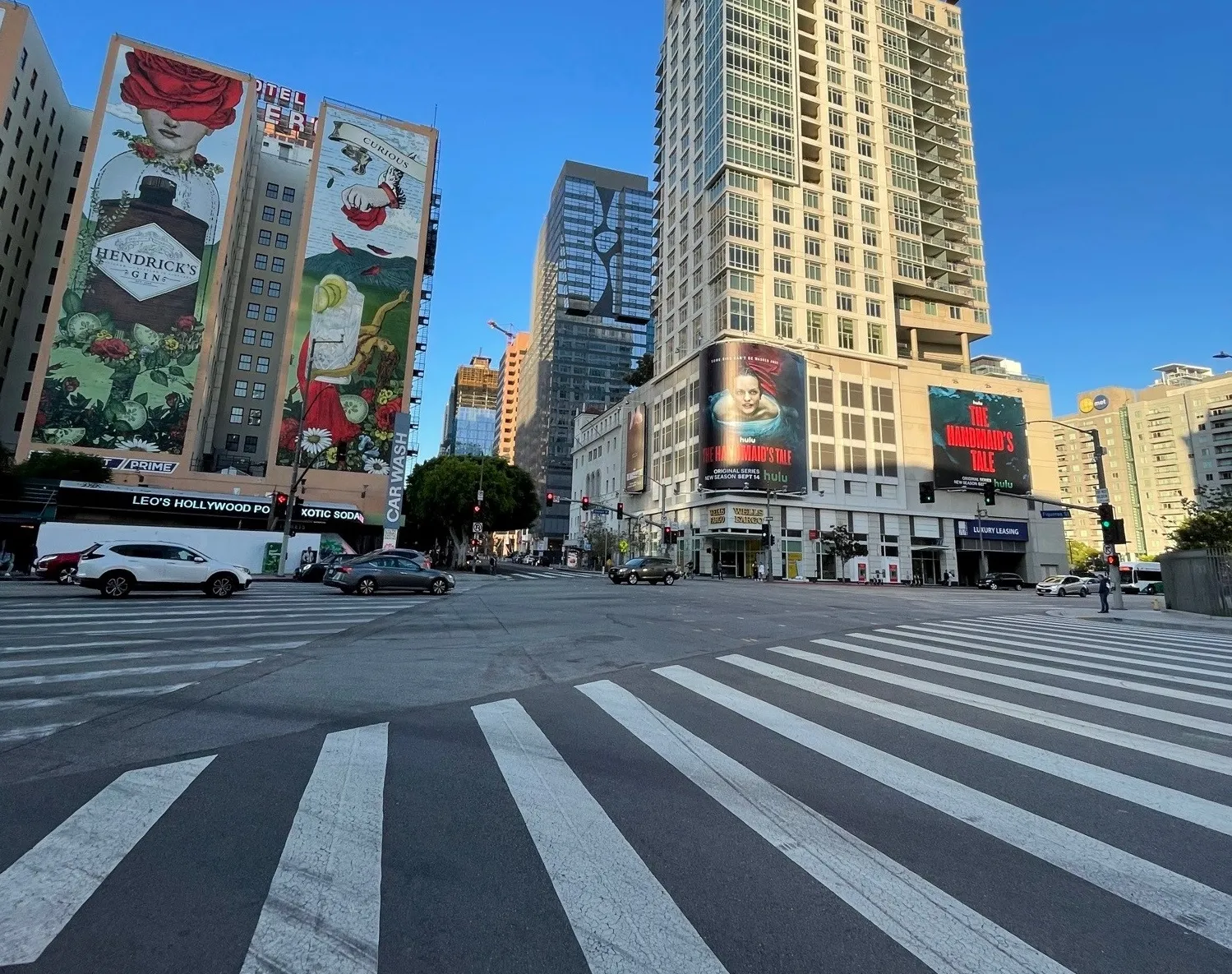According to
Dolgov told Reuters during a test drive that when surrounding vehicles were breaking the speed limit, going more slowly could actually present a danger, and the Google car would accelerate to keep up.
"Thousands and thousands of people are killed in car accidents every year," said Dmitri Dolgov, the project's boyish Russian-born lead software engineer, who now is a U.S. citizen, describing his sense of mission. "This could change that."
In July, the UK government announced measures that would give the green light for driverless cars to take to UK roads from January 2015. Ministers also launched a review to look at current road regulations to establish how the UK can remain at the forefront of driverless car technology and ensure there is an appropriate regime for testing driverless cars in the UK.
Commenting on Google self-drive cars' ability to exceed the speed limit, a
European Traffic Police Network (
In a separate development on Monday, the
Google’s self-driving cars can ‘exceed the speed limit to aid safety’
According to Google's lead software engineer, Dmitri Dolgov, the company’s self-driving cars are programmed to stay within the speed limit, mostly. Research shows that sticking to the speed limit when other cars are going much faster actually can be dangerous, Dolgov says, so its autonomous car can go up to 10 mph (16 kph) above the speed limit when traffic conditions warrant.
Dolgov told Reuters during a test drive that when surrounding vehicles were breaking the speed limit, going more slowly could act
August 20, 2014
Read time: 2 mins








